Bitcoin’s price is back over the US$23,000 mark after a prolonged slide this year that left the cryptocurrency floundering around US$18,000 last month. In another slice of brighter news, the total cryptocurrency market capitalization has managed to climb back above US$1 trillion.
While the 2022 crypto price slump may have damaged confidence in Bitcoin and cryptocurrencies in general, global crypto exchange AAX and U.S.-based Forrester Consulting have a different view.
See related article: More than half of Bitcoin investors in SE Asia use crypto to preserve wealth: report
They have released a report titled Bitcoin in Emerging Markets that aims to show Bitcoin’s utility in different markets beyond just being used as an investment vehicle. Forkast’s Danny Park spoke one-on-one with AAX’s Ben Caselin at the launch event for the report on Bitcoin adoption and its future.
The interview has been edited for language and brevity.
Danny Park: Your biggest concern about Bitcoin?
Ben Caselin, AAX Exchange: I’m going to switch it around. I think when we look at Bitcoin, we have around 10 years of culture and while in the beginning you could say in the decade of emergence, you know, it’s fine to have such a focus on price and such a focus on the potential gains that you can make. But now that we’re in this decade of adoption, and especially as we see the uptake accelerate in emerging markets, I think one of the biggest obstacles to Bitcoin’s growth is to focus on its growth. I know that sounds very strange, but we should just focus on the impact it can have and on the use case it can have. And basically the market will come to its senses afterwards. It’s really switching that perspective around that we need to do now.
Park: A growing number of developing nations officially support Bitcoin — were they too hasty?
Caselin: So I think it’s very important that we ask ourselves the question, how long does it take for a central bank to alter its policy, or how long does it take for a country to build up or upgrade its national reserves? And I think the answer is probably years. It takes years.
And yeah, there are some downsides. El Salvador and some other countries have placed Bitcoin on their national reserves. I would say if that’s your policy, usually countries will have multi-year policies [to see results]. And maybe in five to 10 years, maybe we can say if that decision was timely or not. What is timely, however, is to look at, let’s say, the track record of something like the Turkish lira or the track record of the U.S. dollar or the track record of the Venezuelan bolivar. Those have many years of track record and it’s not such a good track record. So I think those are the things we should focus on now and you know, reviewing El Salvador’s decisions we can do in a decade or so.
See related article: Seeking Bitcoin alpha: How I learned crypto day trading
Park: What are their motives in making Bitcoin an official currency?
Caselin: There are different motives for [different] countries, for example, El Salvador. It was also to reduce the reliance on the U.S. dollar, which I think is completely fair for any sovereign nation to have that type of independence from an external central bank.
For a country like Congo, I see it not just as a way to actually build financial inclusion for your population, to kind of advance financial inclusion. But again, it’s still an independence play. It’s still something we do have to look at a place like Congo as a very dispersed population with some very vibrant urban centers. Not many people have access to a bank account. How do you send money to your family in a village, who may have a phone connection?
I would say that as we all know, Congo is one of the richest countries in the world if we look at its resources and it’s one of the poorest countries in the world if we look at its economy and its position in the global economy. I think there are plenty of reasons for Congo to innovate.
Park: How does education drive Bitcoin adoption around the world?
Caselin: Education is important to decrease the volatility over time. Why is that? Because more people coming in, distribution is generally good to counter the volatility and price fluctuations, but it’s also about the education that makes people panic less about price movements because if you’re in it for the right reasons and it’s less price focused, then price is also not going to spook you out so much.
And so how do you educate people in emerging markets or anywhere? It’s just to have exactly a conversation like today where you explicitly say, let’s for a moment not focus on price, but instead and don’t just say like, oh, let’s focus on fundamentals or let’s focus on utility. These are all buzzwords. Let’s just focus on impact and what it means for people in their daily lives and recognize that context. You know, they have different contexts. And that means that Bitcoin, the expression of Bitcoin, the use case of Bitcoin is different everywhere.
See related article: The Lummis-Gillibrand bill could reshape global crypto regulations
Park: Will Bitcoin reemerge as an inflation hedge?
Caselin: So first of all, we have to ask a few questions. Number one, whose inflation?
We have to look at what countries, what places. In emerging markets, I think Bitcoin absolutely can be used as a hedge against inflation. In the U.S., I think we need to be really honest with ourselves and understand that much of the narratives around inflation in the U.S. are really more expressive of the concerns of institutional investors that care about inflation a lot and that care about buying treasury bonds.
Your everyday American cares about purchasing power. Your everyday American will not care about Treasury bonds. So I think this hedge against inflation conversation is a little bit overblown. I think it’s if you don’t like your money, then maybe we should just get rid of it, instead of always hedging against it. Maybe it’s just a bad form of money. And so I can’t think of a single fiat currency that has actually performed very well over the past 100 years. Even your Swiss franc, even the Japanese yen is rife with issues.
Park: What is your outlook for the current bear market?
Caselin: I mean, nobody can predict the future, but the way that I look at it is that I think during this time, during this type of price action, there are plenty of reasons to say that this is fine. And if it’s prolonged, let’s say two years, that would actually be very good for emerging markets. It would be very good for adoption, very good for distribution.
And if before that time, people realize that this is a great form of money and we should have more exposure to it because it provides value to emerging markets and institutional investors worried about inflation, then we’ll have upside. And I think that’s great. It gives good feelings to everybody, but it’s not sustainable if it goes too fast. So tomorrow Bitcoin at a million dollars is not sustainable. And even I’m a big supporter of Bitcoin, and I would sell because that is not sustainable.
Park: Have the crypto and Bitcoin markets paid the price due to contagion from the Luna collapse?
Caselin: So I don’t want to say that this is all due to contagion. Let’s not forget that Netflix went down 75% and it’s not like people were not watching movies because 3AC went down. It’s a cross capital market event. It’s a big liquidity event. It’s a change in policy from the Federal Reserve, change in fiscal policy. There’re so many factors that are coming into price at the moment that I wouldn’t say it’s only contagion.
The contagion is actually not the reason. It’s actually just overleveraged, unsustainable financial engineering that’s just not capable yet of withstanding market stress. Why was there market stress? Not because Luna went down. That’s not the reason.
See related article: How the crypto winter is laying groundwork for Web3 to reach its potential

You can get bonuses upto $100 FREE BONUS when you:
💰 Install these recommended apps:
💲 SocialGood - 100% Crypto Back on Everyday Shopping
💲 xPortal - The DeFi For The Next Billion
💲 CryptoTab Browser - Lightweight, fast, and ready to mine!
💰 Register on these recommended exchanges:
🟡 Binance🟡 Bitfinex🟡 Bitmart🟡 Bittrex🟡 Bitget
🟡 CoinEx🟡 Crypto.com🟡 Gate.io🟡 Huobi🟡 Kucoin.

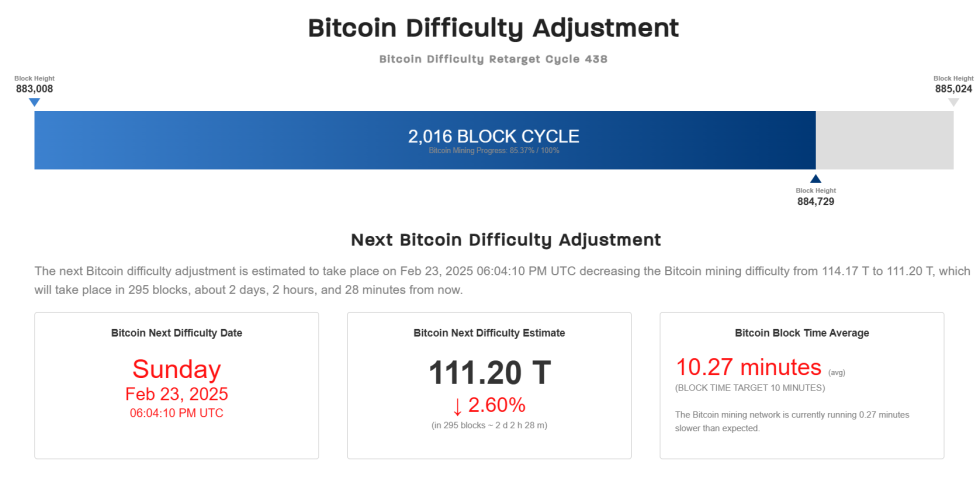
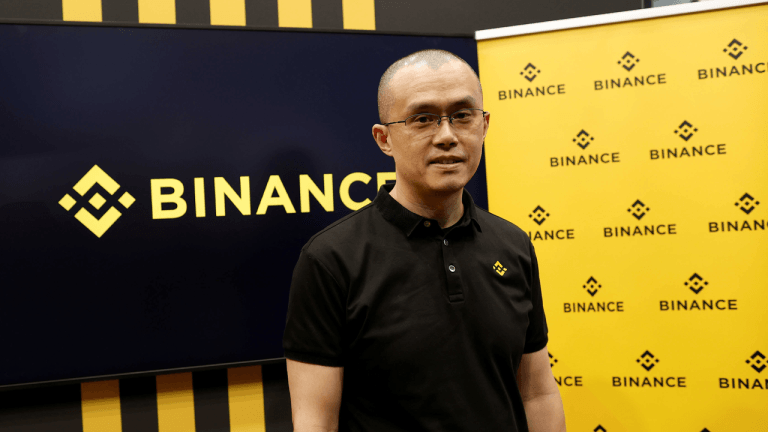

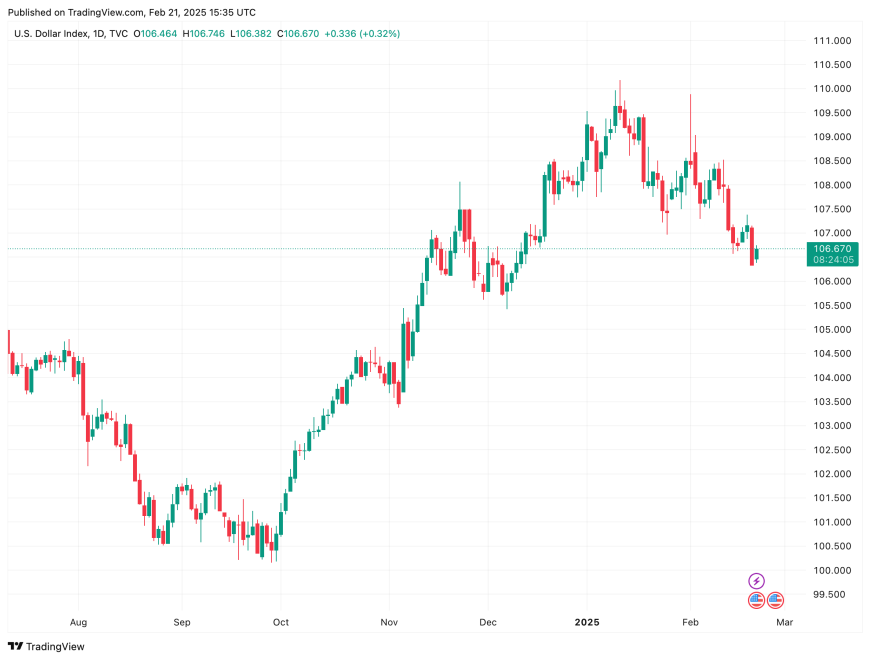




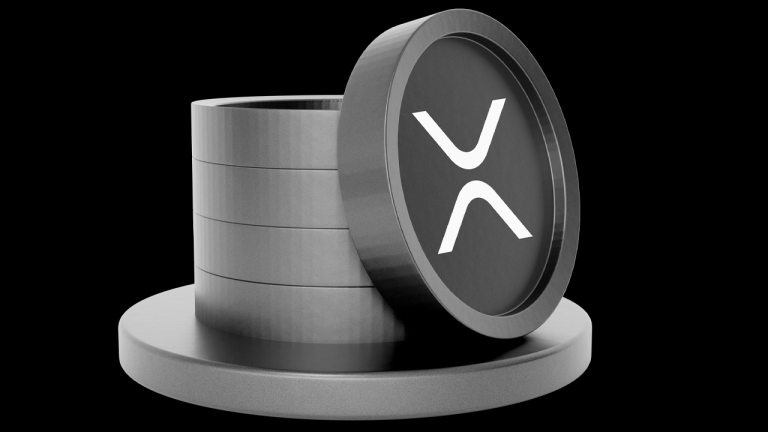
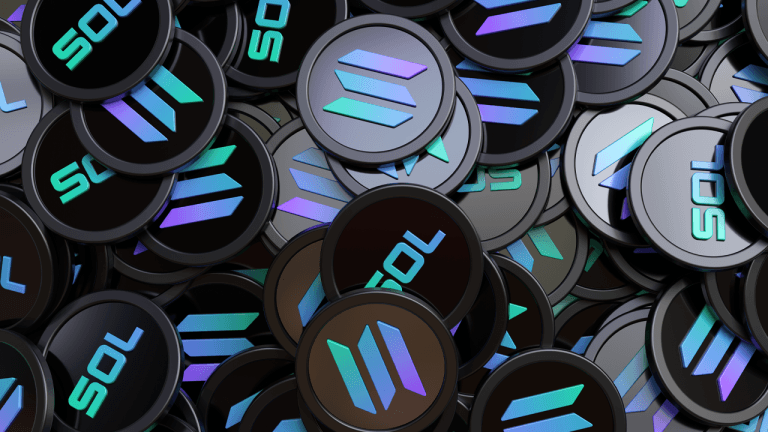




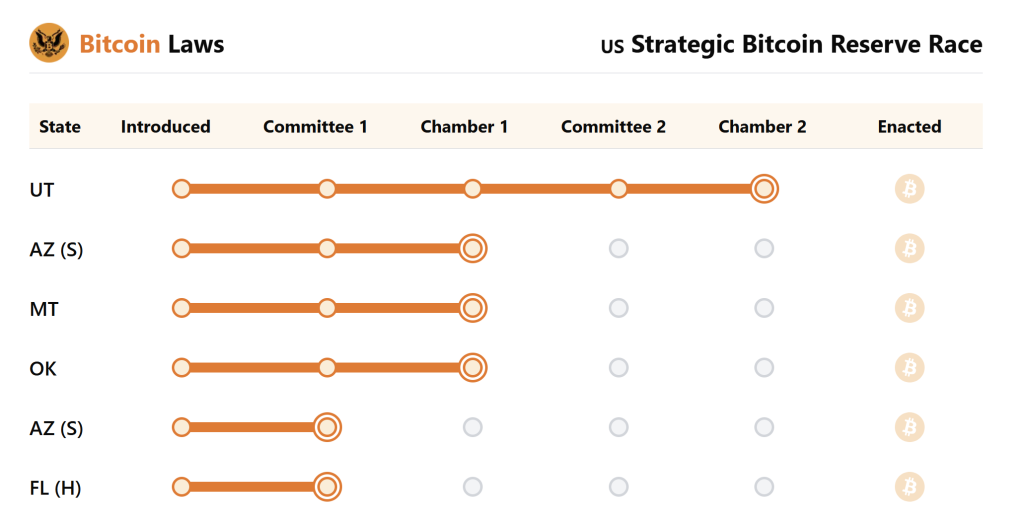
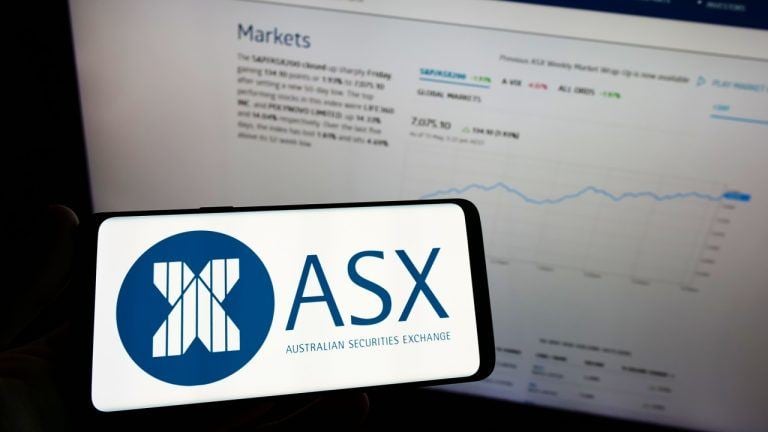



Comments